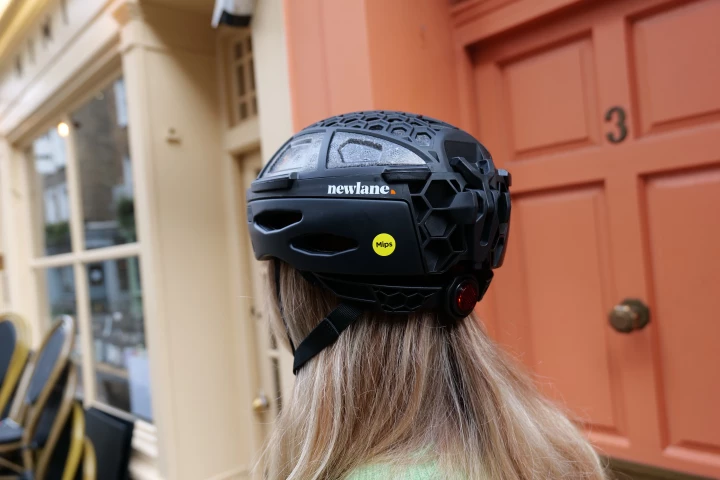Brain
-
Scientists have uncovered an intriguing link between infection and brain health, finding that a common bacterium may advance cognitive decline. It's the latest evidence suggesting that bacteria and infections play a key role in destroying our brains.
-
A new study challenges the idea MS is just one single disease presenting evidence it may actually follow two distinct biological pathways. It’s a shift that could reshape how clinicians think about diagnoses, disease progression and treatment strategy.
-
The makers of a smart Rubik's Cube-like puzzle have upped the ante with their game technology with a special edition Harry Potter-themed chess board, complete with character pieces. But can AI help you learn how to play? You might be surprised.
-
How much protection does your bicycle helmet offer? It might be less than you think, but Newlane’s latest helmet combines protection and convenience into a single package.
-
In the first study of its kind, neuroscientists have shown the real-world benefits that sunlight gives the brain, beyond laboratory experiments, linking brighter and more regular daytime light to better alertness and faster attention in everyday life.
-
Nitrous oxide, known as laughing gas, has shown rapid antidepressant effects in people with depression, with symptoms easing within hours of inhaling it. The treatment involves breathing in a mix of nitrous oxide and oxygen for up to an hour.
-
For millions, losing their sense of smell reshapes daily life. Once damaged, the system is difficult to restore. That challenge led researchers to stop asking how to fix smell, and start asking whether its information might reach the brain another way.
-
A new study from Northwestern University offers hope to Alzheimer's patients and their caregivers. If researchers there are correct, their new small-molecule NU-9 drug may be able to stop the disease long before it begins ruining lives.
-
ADHD drugs have been thought to sharpen attention, but a new study has found something very different is at play. They don't offer laser-sharp focus but boost wakefulness and engagement, helping the brain stick to tasks it would otherwise give up on.
-
Blinking isn’t just about keeping eyes moist. New research suggests we blink less when listening becomes hard, with each pause reflecting increased focus. The findings hint that blinking may track how hard our brains are working to listen among noise.
-
In the first long-term and real-world reflective study of its kind, scientists have uncovered new detrimental health impacts of the artificial sweetener aspartame that echoes those found in shorter research.
-
A new study shows that briefly and reversibly anesthetizing the retina of the amblyopic eye for just a few days can restore the brain's visual responses to that eye, even in adults.
Load More











